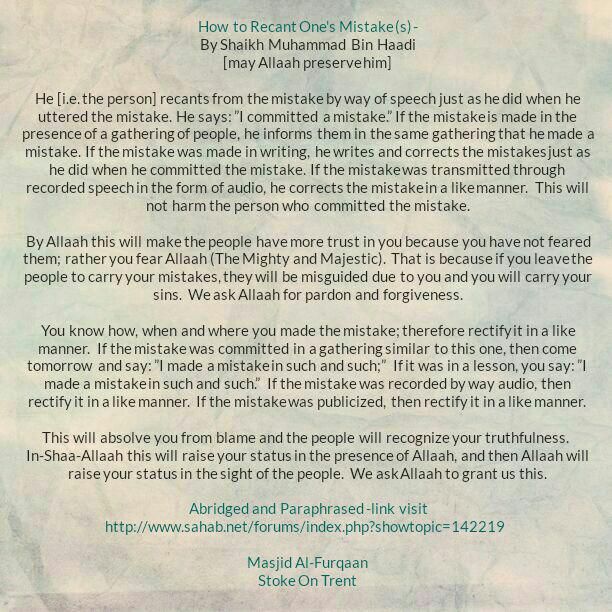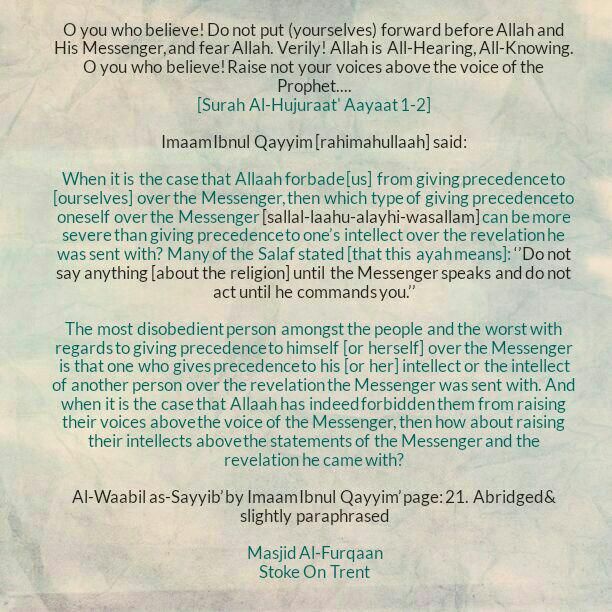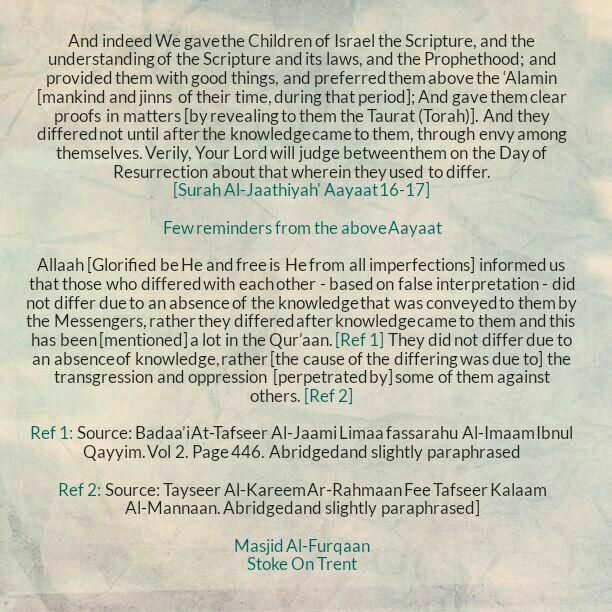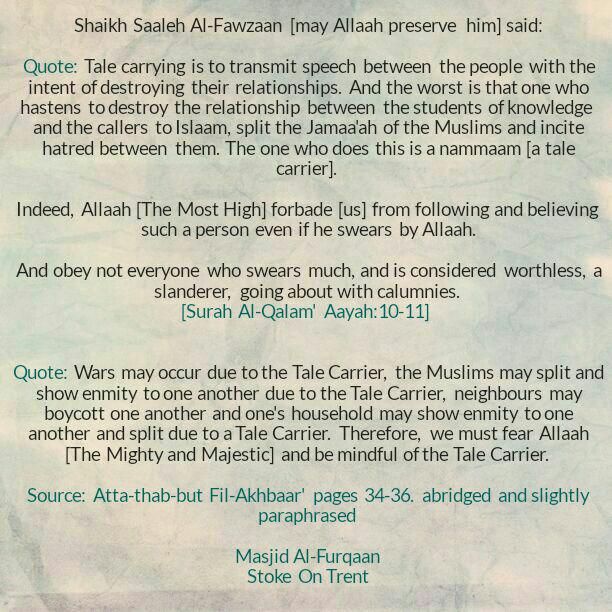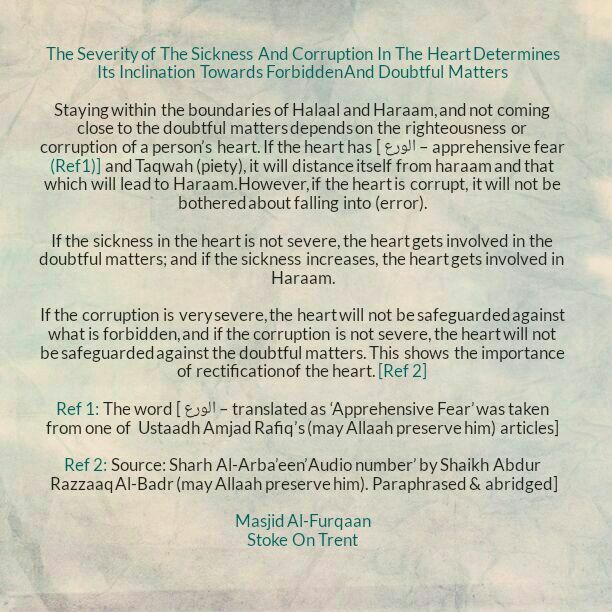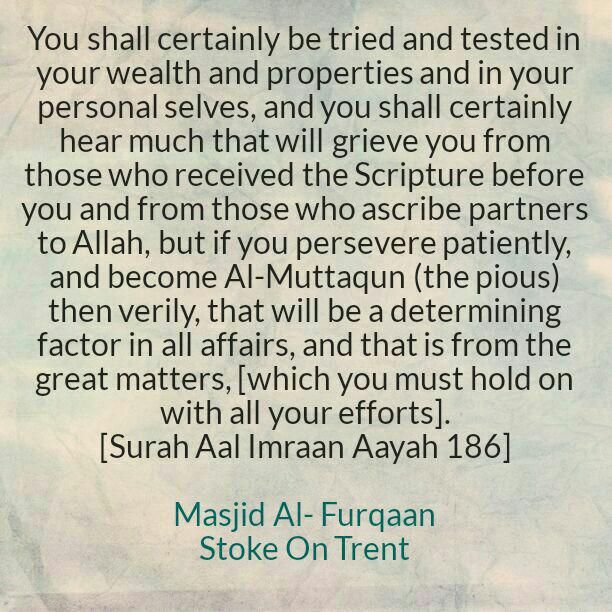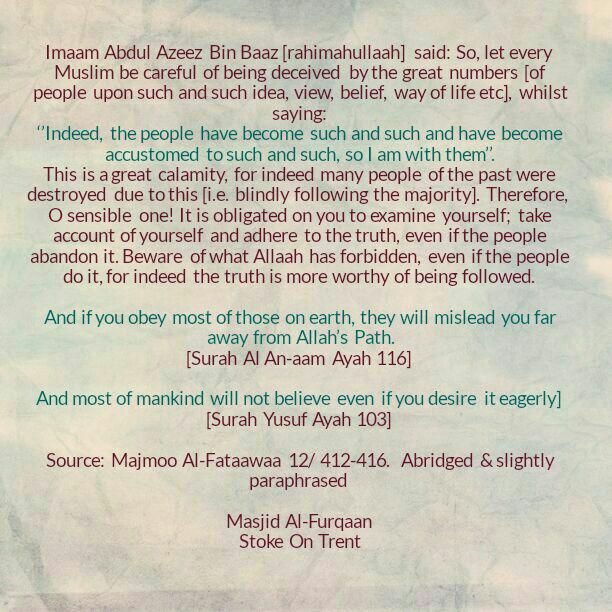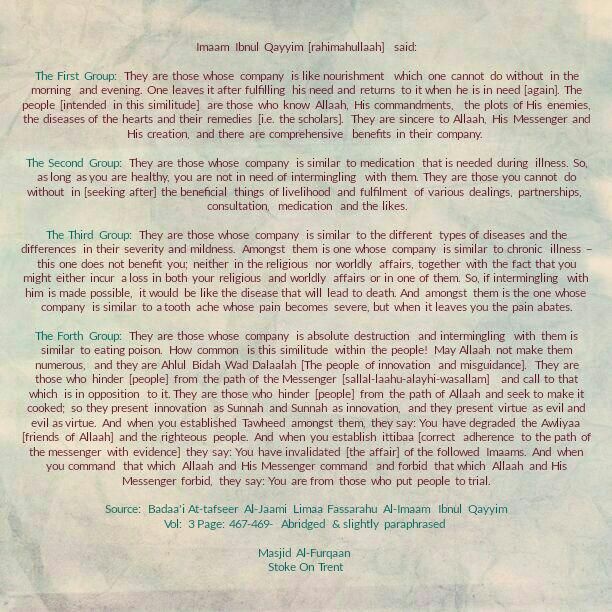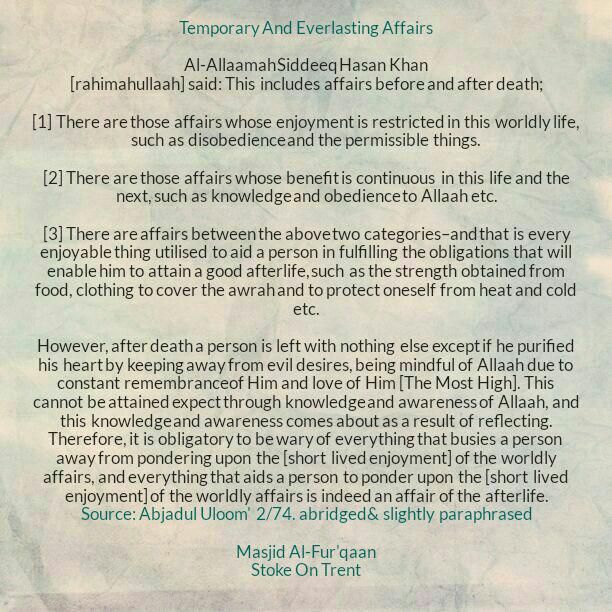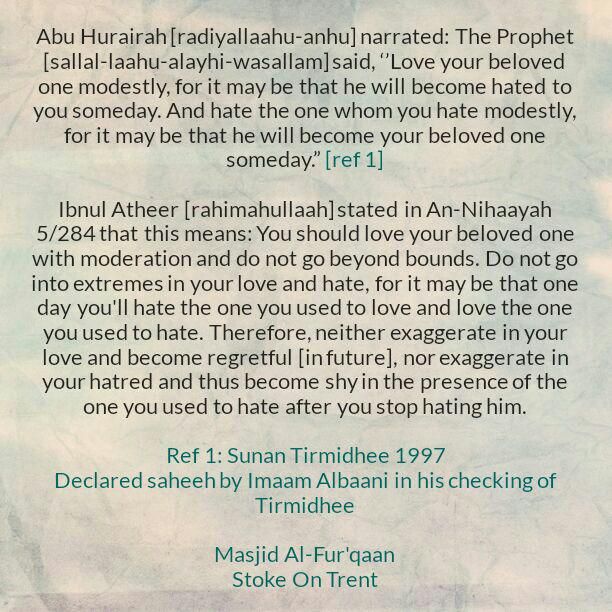How to Recant One’s Mistake (s)- By Shaikh Muhammad Bin Haadi [may Allaah preserve him]
In The Name of Allaah, The Most Merciful, The Bestower of Mercy
He [i.e. the person] recants from the mistake by way of speech just as he did when he uttered the mistake. He says: ”I committed a mistake.” If the mistake is made in the presence of a gathering of people, he informs them in the same gathering that he made a mistake. If the mistake was made in writing, he writes and corrects the mistakes just as he did when he committed the mistake. If the mistake was transmitted through recorded speech in the form of audio, he corrects the mistake in a like manner. This will not harm the person who committed the mistake.
By Allaah this will make the people have more trust in you because you have not feared them; rather you fear Allaah (The Mighty and Majestic). That is because if you leave the people to carry your mistakes, they will be misguided due to you and you will carry your sins. We ask Allaah for pardon and forgiveness.
You know how, when and where you made the mistake; therefore rectify it in a like manner. If the mistake was committed in a gathering similar to this one, then come tomorrow and say: ”I made a mistake in such and such;” If it was in a lesson, you say: ”I made a mistake in such and such.” If the mistake was recorded by way audio, then rectify it in a like manner. If the mistake was publicized, then rectify it in a like manner.
This will absolve you from blame and the people will recognize your truthfulness. In-Shaa-Allaah this will raise your status in the presence of Allaah, and then Allaah will raise your status in the sight of the people. We ask Allaah to grant us this.
Abridged and Paraphrased from a statement of Shaikh Muhammad Bin Haadi (may Allaah preserve him) –see transcript and audio in this link: http://www.sahab.net/forums/index.php?showtopic=142219
